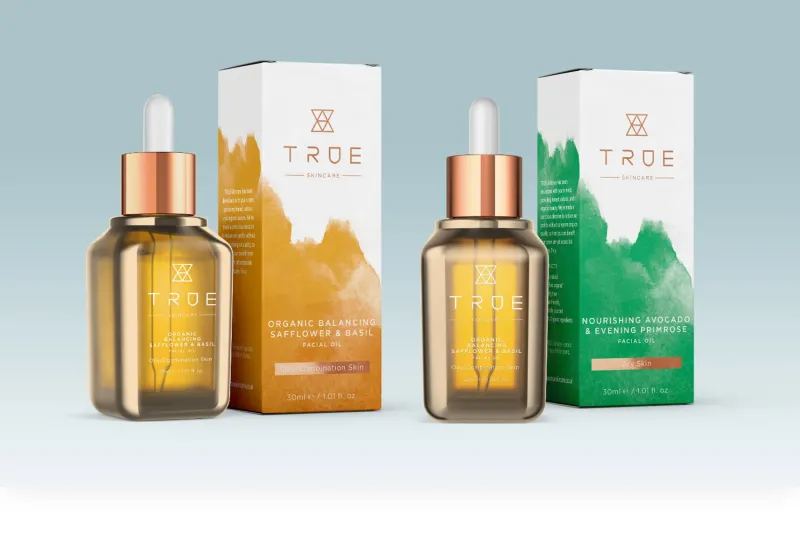


BRAND-BUILDING FOR STARTUPS – START EARLY OR START OVER
Business is brand, brand is business. Why your brand must never be an after-thought

We’ve seen it all. Over the years many start-ups have approached us because they need a brand. These are the variants:
- I have a new business, a brand name and identity – can you help us promote it?
- I have a new business and defined my brand – can you design an identity?
- I have a new business idea and plan. I know my value proposition, but need to validate it and develop a brand identity.
I am going to argue that 3. Is the best way to engage with brand consultants. Early.
Why? Because a brand isn’t an add-on. A brand is a business, and if people are going to buy it, it needs to be evolved through empirical evidence, the development of your new business and go-to-market plan. It’s not an after-thought.
Think of it this way. Your brand is:
“An idea you can organise the company around” it’s intrinsic not extrinsic.
Frustratingly, we encounter scenarios 1. and 2. a lot.
So what’s the problem? Well in our experience these are the issues:
1. I have a new business and a brand name and identity – can you help us promote it?
Only if:
- You have all the foundations. At minimum you have defined the four Ps: Brand Purpose, Proposition, Personality, Positioning – based on dedicated market research (this doesn’t need to be a huge programme).
- The brand name is fully viable. i.e. you have registered a well-matched domain name, and can protect it within its category.
- You have all the basic assets required to form a viable identity. That identity conforms to a degree to category norms, but is distinct within the category. (It is possible to completely defy category norms - see the Monzo case study below. But this depends to a degree on shopping within the category. Are you going to be picked off a shelf in Boots for example?)

Posted 26 November 2025 by Chris Bullick